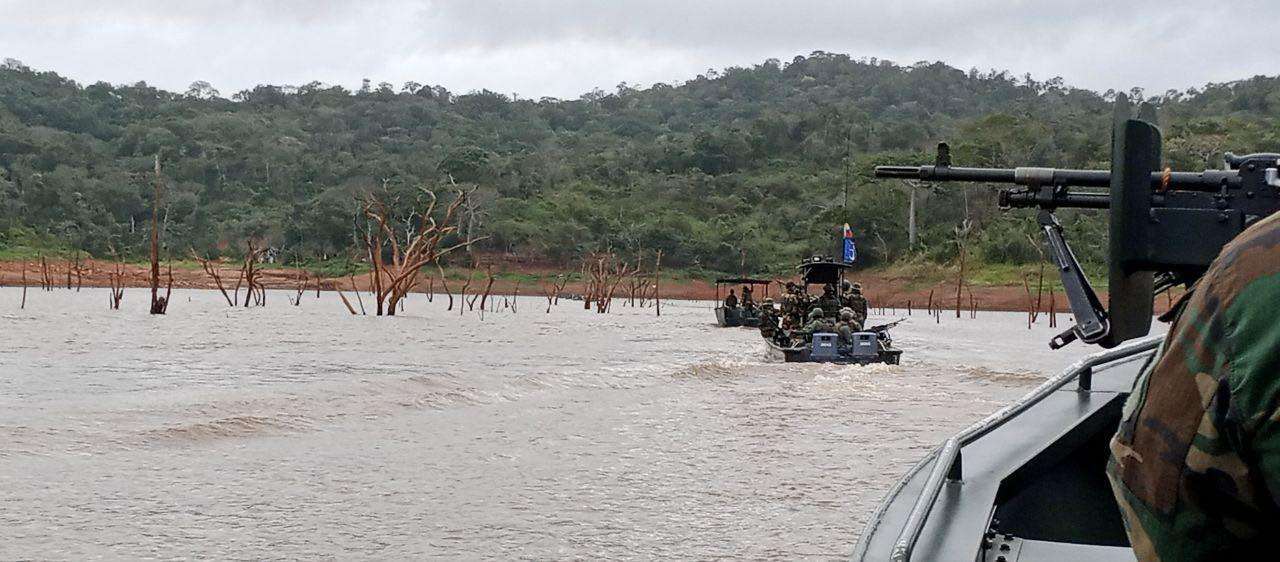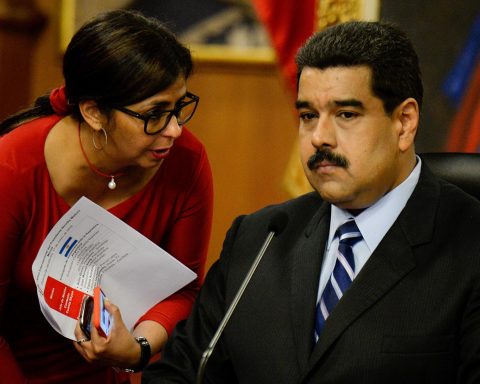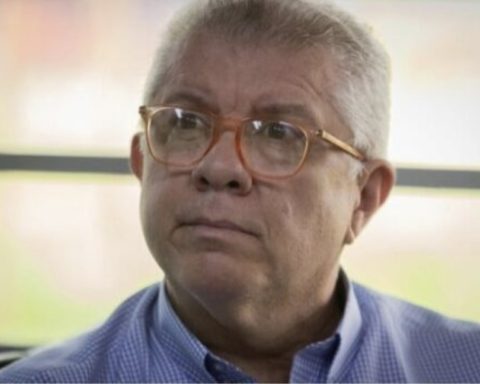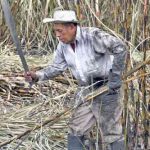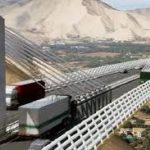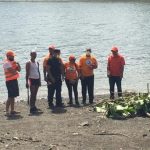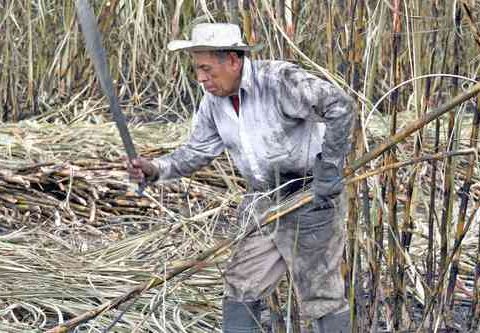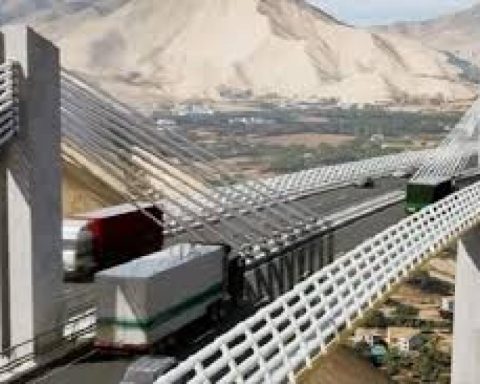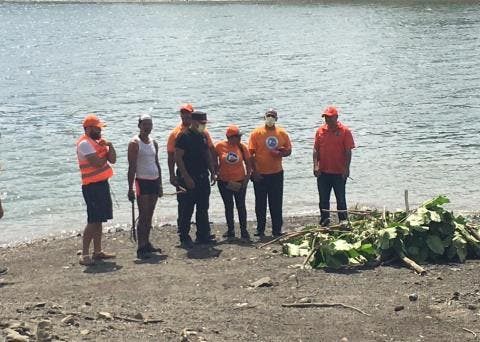In order to preserve the hydrographic basins, troops of the Bolivarian National Armed Forces (FANB), located and destroyed two illegal mining camp that contaminated the banks of the Guri reservoir, in the Bolívar state.
With river patrol missions through the Cunucunuma River in the immediate vicinity of the San Ramón indigenous community and the Yakare Campe, Alto Orinoco municipality, the camps were detected.
FANB troops, during safety, defense and environmental protection work detected the irregular centers, as highlighted by the FANB Strategic Commander of the FANB, GJ. Domingo Hernández Lárez,
“Following the Order of Operations” Roraima 2025 “, and in the company of a Public Prosecutor’s Office in Environmental Matters, the largest reservoir inspection in the country was carried out, where an illegal mining camp was located,” says press release from the press of the press of the press of the press of the press of the press of the press of the CEOFANB.
Likewise, the head of the CEOFANB indicated that two structures of Tame type cernido, six mills, 1,200 meters of high pressure hose, ten motor pumps and 30 gasoline content drums were destroyed, for a total of six thousand liters of seized gasoline .
These operations are executed in accordance with article 127 of the Constitution of the Bolivarian Republic of Venezuela and under the precepts of 5th. Historical objective of the Plan of the Homeland, which seeks the preservation of life on the planet and the salvation of the human species, with the combat of illegal mining, promoting and guaranteeing environmental protection, as well as article 19 of the Organic Law of the environment.
The precautionary judicial measures are also complied with, in accordance with article 8, ordinals 2nd, 5th, 8th and 12th of the Criminal Law of the Environment, in accordance with article 26 of the same law, issued by the third court of First state and municipal instance in functions of control of the Bolívar state, where the illegal practice of mining and all its related activities within the La Paragua Forestry, Caura National Park, La Paragua Río and its tributaries are prohibited, as well as the La Paragua Hydrographic Basin.
